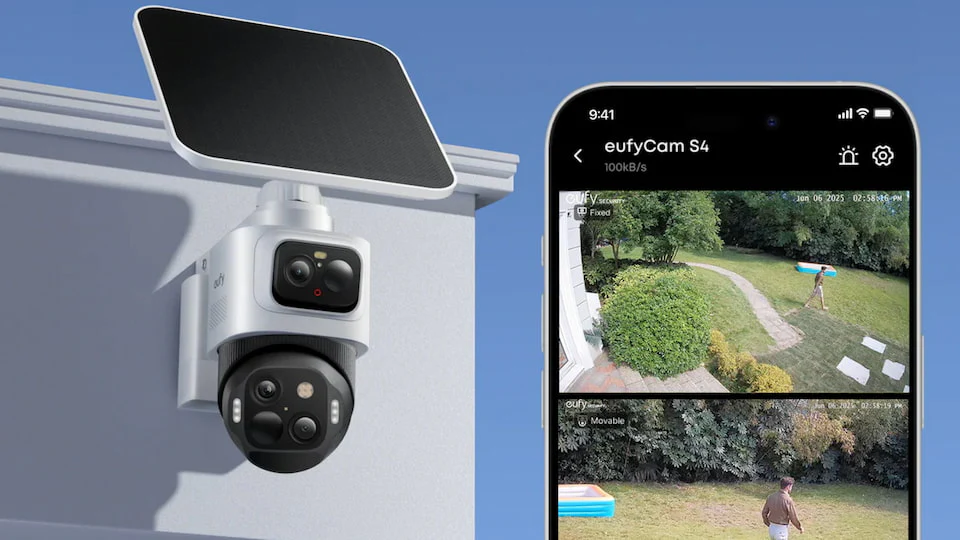Chinese tech company Anker, maker of Eufy security cameras, earlier this year launched a controversial campaign offering customers $2 per video of package and car thefts — real or staged — to train its artificial intelligence systems.
The initiative, which ran from December 18, 2024, to February 25, 2025, encouraged users to even “pretend to be a thief” and submit recordings, with the company clarifying that the data would only be used for AI training. According to posts on Eufy’s announcement page, more than 120 users said they participated, with some earning up to $80 for multiple staged theft scenarios.
Eufy’s goal was to gather 20,000 videos each of package thefts and “car door pulling” incidents to sharpen its detection models. Participants were asked to upload footage via a Google Form and provide their PayPal details for payment. While the campaign highlighted how companies are willing to incentivize users for data that can strengthen AI models, it also rekindled concerns about consumer privacy and security. TechCrunch pointed out similar risks after discovering that Neon, another app that paid users to share call recordings, suffered a flaw that exposed sensitive data before going offline.
Following the campaign, Eufy has continued similar initiatives, now under its “Video Donation Program,” where users can donate footage to improve AI in exchange for rewards ranging from in-app badges to cameras and gift cards. The app’s “Honor Wall” even ranks top contributors, with one user reportedly donating more than 200,000 videos. Eufy maintains that all donated content, including footage from its baby monitors, is used exclusively for AI improvement and not shared with third parties, though some programs offer no monetary compensation.
However, doubts remain over the company’s privacy safeguards. In 2023, The Verge revealed that Eufy misled customers by falsely claiming its camera streams were end-to-end encrypted, when they were in fact accessible through an unencrypted web portal. After initially denying the report, Anker later admitted to the lapse and pledged corrective action. The latest data-for-rewards campaigns have therefore reignited debate about how much trust users should place in companies that ask for personal video footage under the promise of advancing AI
